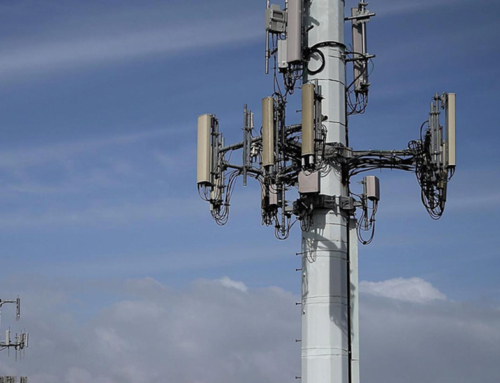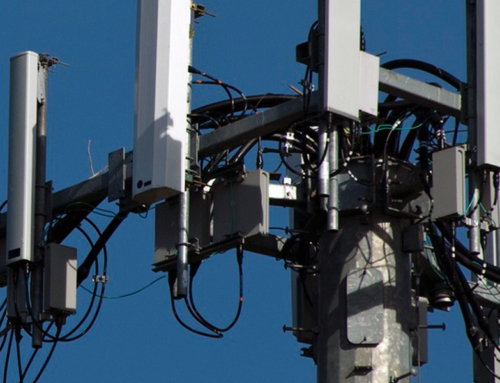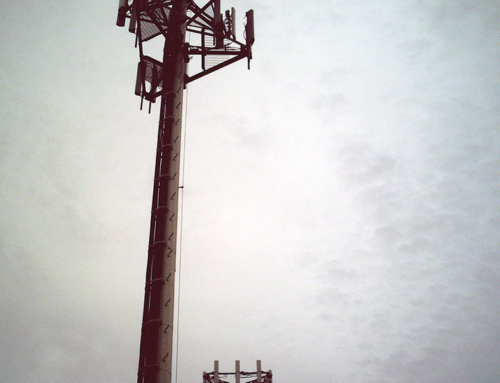Historically, mergers between wireless carriers have been bad news for cell site leaseholders because network consolidation generates huge risks to cell site values. Redundancies and changing technology inevitably result in cell site decommissioning, hence the reason why most lease contracts include a provision that allows the tenant to terminate a lease with as little as 30 days’ notice. Unfortunately for leaseholders, this possibility puts their monthly rental income in jeopardy.
Here are some major transactions and their associated site decommissioning:
• As a result of the AT&T-Cingular merger in 2004, 6,000–8,000 cell sites were decommissioned.
• Approximately 20,000 Nextel towers were eventually decommissioned following the Sprint-Nextel merger in 2005.
• Although the exact figure is not available, Verizon’s acquisition of Alltel in 2008 undoubtedly resulted in sizable decommissioning in the Midwest and the South.
• When T-Mobile bought MetroPCS in 2013, it shut down over 10,000 cell sites due to redundancy.
Trying to predict the exact players in the next wireless carrier matchup may be an exercise in futility, but what’s clear is that there will be other mergers in the future. It’s less a matter of if than when. That’s why it is in a leaseholder’s best interest to stay ahead of market changes, and it may be wise to consider entering a lease buyout agreement.
Doing so eliminates the risk of lost income due to network consolidation and site decommissioning, ultimately providing flexibility and long-term security. Risk mitigation is extremely appealing to some cell tower leaseholders and a buyout can be the best option depending on the circumstances.
The Filo Group partners with clients to help protect their financial futures by arming them with the information necessary to make smart decisions about cell site lease buyouts and all other matters related to cell tower leases. For more details on how we can assist you with your specific situation, please contact us.








